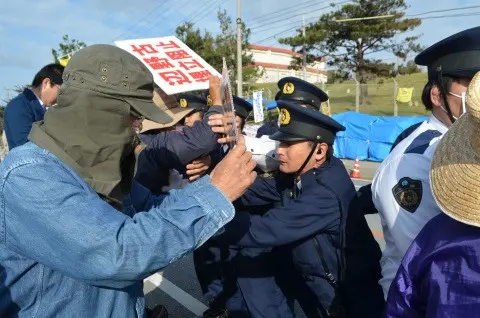Deng Xiaoping meets former Prime Minister Bob Hawke(middle) in Beijing, 1996. (photo/Xinhua)
The Asia-Pacific Economic Cooperation (APEC) has developed “better than expected to become a major political forum, former Australian Prime Minister Bob Hawke, also a key figure in establishing the regional bloc said in an exclusive interview with Asia Pacific Daily.
Since its birth in 1989, APEC has grown to encompass 21 member economies spanning four continents, and represents the most economically dynamic region in the world. Indonesia chaired the 1994 APEC Summit in Bogor which resulted in the well-known Bogor Declaration. Under the Bogor Declaration, APEC has established itself as a driving force for multi-layer cooperation and regional integration. This year, Indonesia again be the host country of the APEC Summit slated on October 7-8 in the southeast nation’s leisure island of Bali.
APEC’s success has been a surprise for Hawke, who had promoted to set up a regional organization to reflect the changing global situation.
It was in 1989 when Hawke was prime minister of Australia, a ministerial meeting was held in the its capital city of Canberra, symbolizing the birth of the regional bloc. Recalling the process, the preparation had lasted for almost a whole year, Hawke said.
The meeting in December 1989 represented the combination of work that started in January. Hawke made a speech in Seoul of South Korea at the end of January, suggesting the establishment of that organization. Hawke got a favorable response from the president of South Korea and he had his ministers and officials going around the region throughout that year.
“So by the end of that year, the work had been done and we reached agreement for the establishment of the regional bloc, he said.
Talking about the reason of setting up a regional bloc such as APEC, Hawke said that the world was changing. “It’s clear that the power distribution was changing and the center of economic gravity was moving towards the Asia-Pacific, he added.
Hawke said it seemed appropriate to him that there should be a regional bloc to assist and promote the trade and investment between the APEC members of the region.
“There are a lot of working committees where officials work on the practicality of facilitating trade and investment, he said, “it has been very useful in stimulating trade and investment in the economies of the region.
Hawke is “pleased to see the bloc is operated efficiently and there has been significant progresses, despite the fact that the 1994 Bogor Declaration goals are beyond reach.
At the 1994 meeting in Bogor, Indonesia, APEC leaders agreed to the common goals of free and open trade and investment by 2010 for industrialized economies and 2020 for developing economies. The Australian government confirmed “despite APEC’s overall progress, the lowering of barriers to trade and investment has not been uniformly impressive across all sectors.
For the newly initiated Trans-Pacific Partnership (TPP) talks, Hawke said there should not be a sense of prioritized rights on securing further liberalized international trading system.
“If there is another track available, good luck with them, he said, “I’m all in favor of it.
Hawke said that the bloc has become a functioning political forum itself and he does not worry about it, a “by-product of the pursuing of economic matters, overshadowing its original economic and trade function.
“What has happened is that with the APEC moving fairly soon in its life to have an annual leaders’ meeting, Hawke said, this did provide opportunities which hasn’t before at an annual basis for political leaders of the region to meet. “They took advantage of that opportunity.
This kind of annual networking of leaders to meet in the corridor and discussing matters of political importance is very “useful, he said.
Recalling the establishment of APEC, Hawke said that some people didn’t want to have China and the U.S. as members of the group. “China has been very important, he said, “Its role has just increased so dramatically since 1989 when it was only in a decade of its economic reform. He added that China is the second largest economy in the world now.
“You simply can’t talk about an organization in the Asia Pacific without recognizing the importance of China, Hawke said.
Bogor Declaration
The Bogor Declaration made in the 1994 APEC Economic Leaders’ Meeting in Bogor of Indonesia was a spectacular achievement establishing an ultimate direction of the APEC progress.
APEC sets the Bogor Goals of, “free and open trade and investment in the Asia-Pacific by 2010 for developed economies and 2020 for developing economies.
Main ideas of Bogor Declaration:
• Strengthening the open multilateral trading system
• Enhancing trade and investment liberalization in the Asia-Pacific
• Intensifying Asia-Pacific development cooperation
 简体中文
简体中文

